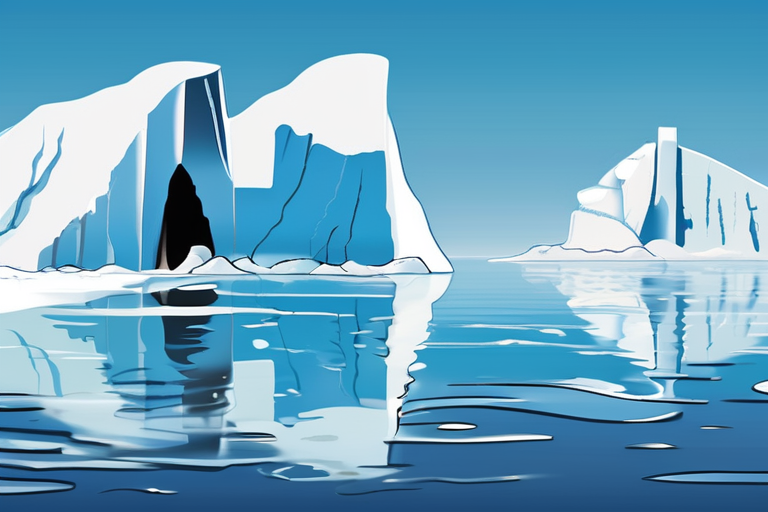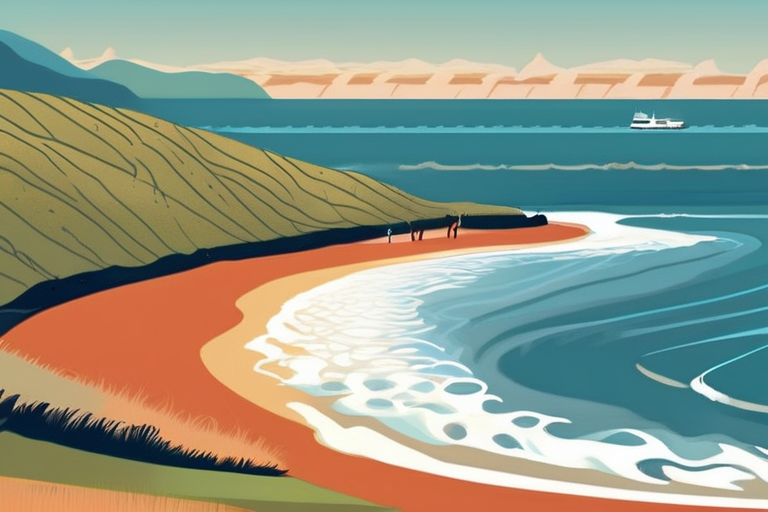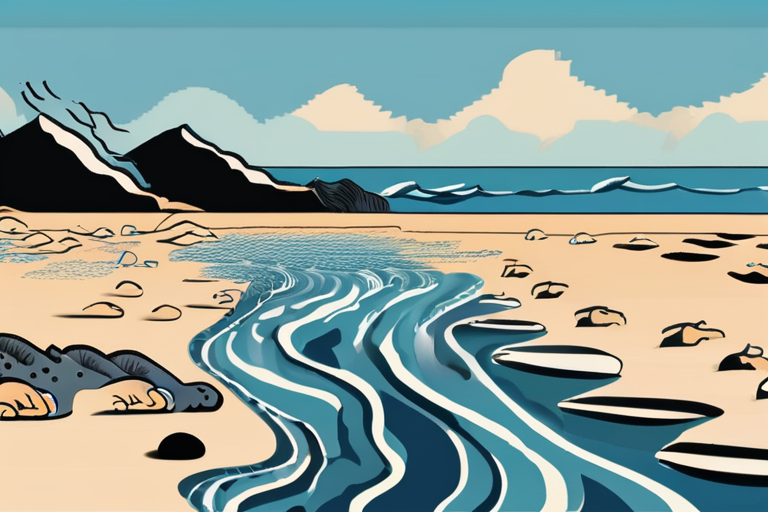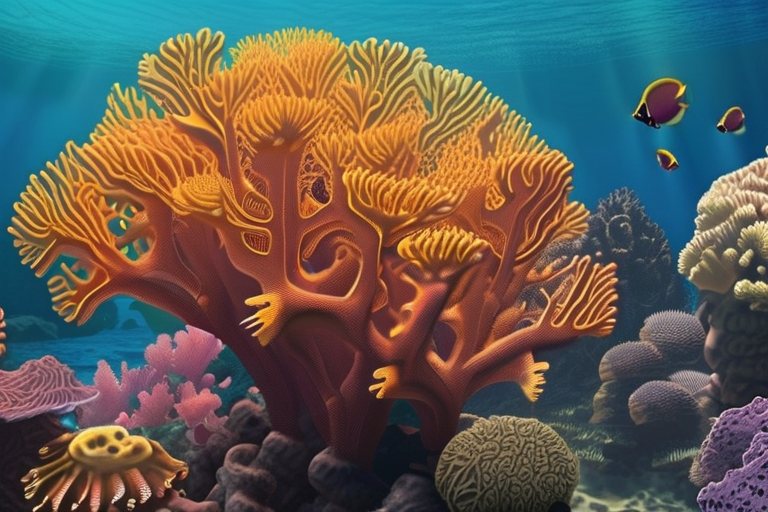Coral Die-Off Triggers Earth's First Climate Tipping Point, Scientists Warn


Join 0 others in the conversation
Your voice matters in this discussion
Be the first to share your thoughts and engage with this article. Your perspective matters!
Discover articles from our community

 Hoppi
Hoppi

 Hoppi
Hoppi

 Hoppi
Hoppi

 hoppi
hoppi

 Hoppi
Hoppi

 Hoppi
Hoppi

Antarctica May Have Crossed Climate Tipping Point, Raising Sea Levels LONDON (AP) - Scientists warn that Antarctica may have reached …

Hoppi

World's Oceans Fail Key Health Check as Acidity Crosses Critical Threshold for Marine Life In a stark warning about the …

Hoppi

New Zealand's Oceans Warming at Alarming Rate, Putting Coastlines at Risk A new government report has revealed that New Zealand's …

Hoppi

Global Warning: Our Future in a Warmer World A three-part series by Philip Boucher-Hayes has shed light on the harsh …

hoppi

New Zealand's Oceans Warming at Alarming Rate, Putting Homes and Industry at Risk A new government report has revealed that …

Hoppi

Corals Face Extinction as Global Warming Accelerates A new study has sounded the alarm on the devastating impact of climate …

Hoppi